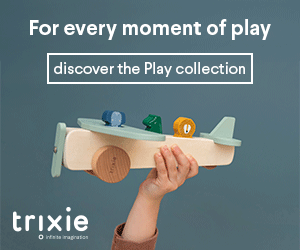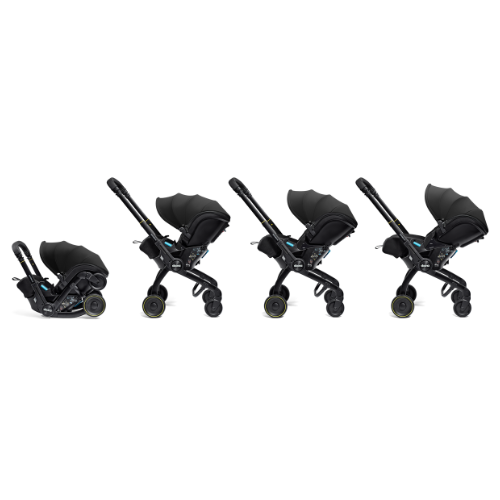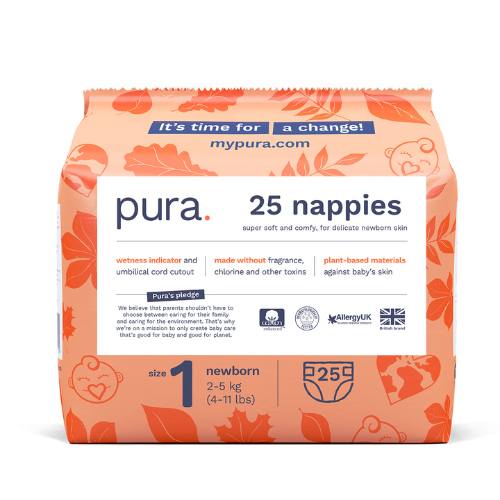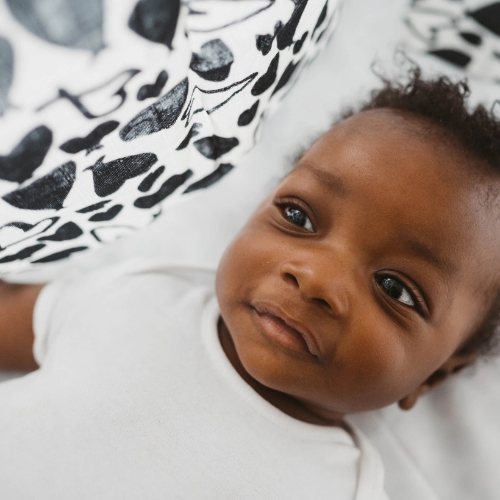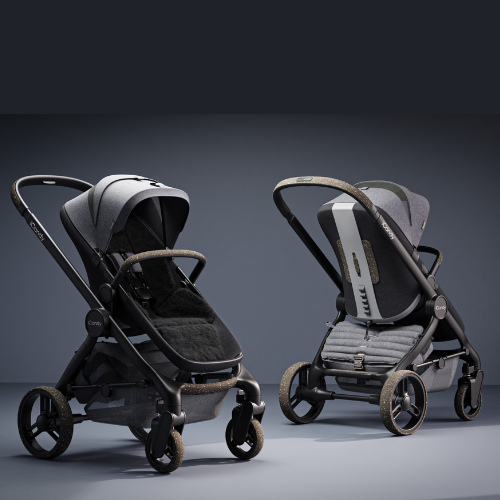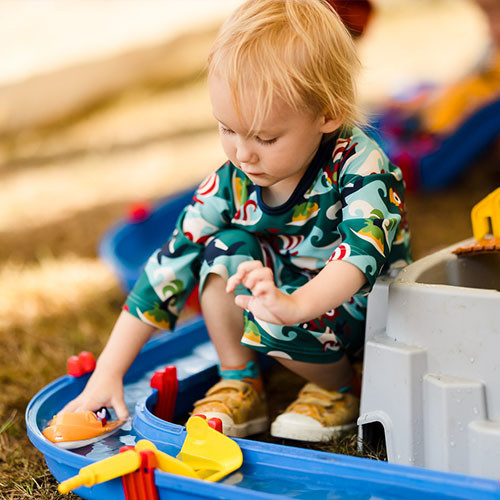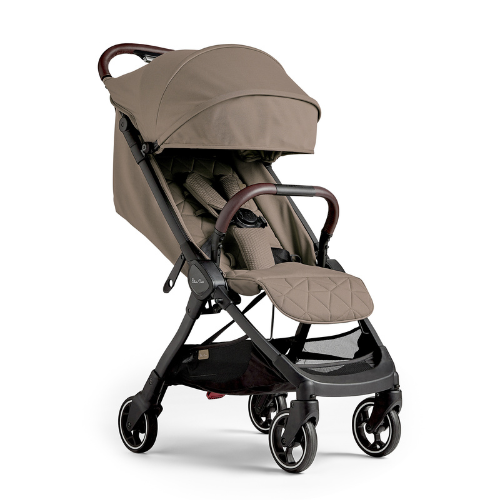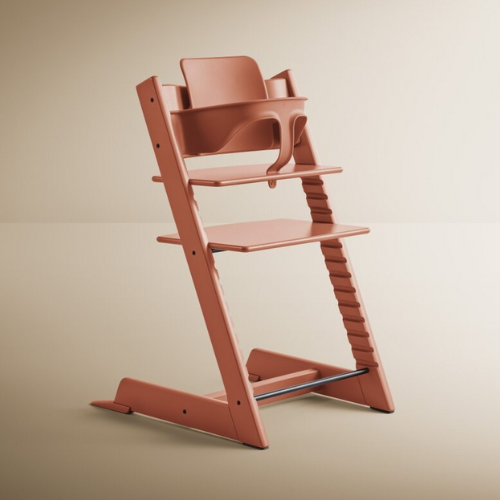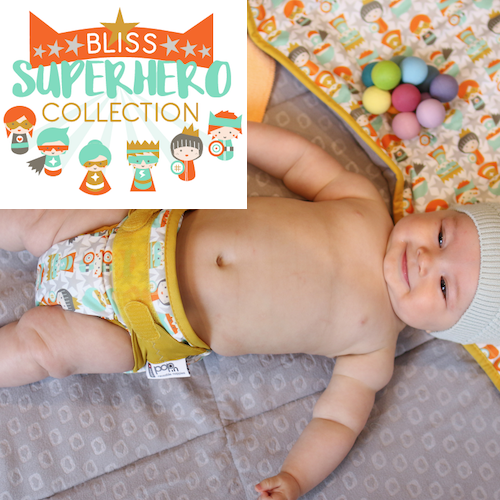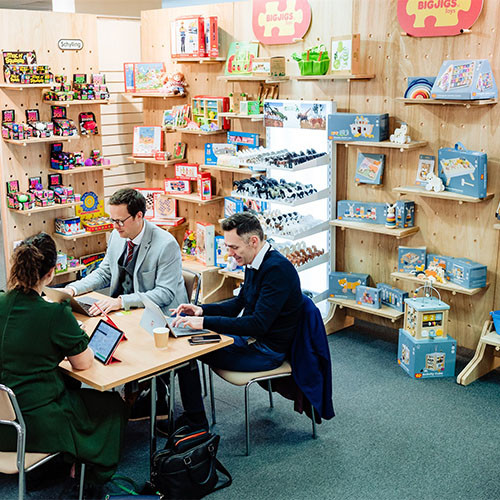Suppliers hope the proposed ban will positively impact the environment, but call for more research into flushable and plastic-free disposable options.
In April, the environment minister, Therese Coffey, told BBC News that wet wipes containing plastic will be banned in England under plans to tackle water pollution. The ban should come into force in 2024 following a consultation and is part of a wider plan to improve water quality in the country, where no river or waterway is considered clean.
The proposed ban has been seen as a positive move by many in the preschool industry. Dr Mark Little, managing director of Aqua Wipes commented: “We certainly welcome the government plans to ban plastic baby wipes – it’s long been an environmental problem that can be avoided. All three Aqua Wipes options are biodegradable, plastic free, compostable, vegan friendly and packaged in recyclable material.”
Christopher Money, co-founder and managing director of Kit & Kin agreed: “We truly believe that small changes we make can add up to make a big difference and how many baby wipes are used every single day that have unnecessary plastic within them? Our wipes are 100% biodegradable, 99% water, 0% plastic and the pack itself is made from 50% recyclable materials.”
Some however, believe more needs to be done. Caroline Taylor, managing director of MuslinZ, which offers reusable cloth wipes, explained: “There are still issues with disposable wipes generally. Single use wipes create a huge amount of waste. Consumers need to be made more aware of issues with single use wipes. Disposable wipes, even if biodegradable, are a problem.
“Being made of a cellulose-based material does not inherently make a wipe flushable. There are also concerns that the current flushability standards, including Fine to Flush, may not adequately represent various UK sewerage system environments and that wipes made of viscose, for example, can still cause blockages.”
Suppliers indicated a number of ways in which retailers could help guide consumers towards more environmentally friendly wipe options. Mark outlined: “Retailers play a crucial part in promoting eco-friendly wipes by helping to educate consumers regarding the pros and cons of baby wipe use. Emphasising the no plastic, biodegradable, compostable options, whilst also reinforcing the understanding that no wipes should be flushed, even the biodegradable ones.”
Caroline furthered: “Stocking washable, reusable wipes offers an alternative, low cost, less waste option for parents looking for a truly eco friendly wipe.”
The wet wipes ban is part of a broader strategy, called Plan for Water, which Defra wants to improve England’s water quality. In Wales a proposed ban on plastic in wet wipes has not yet been implemented. The Scottish government consulted on a ban but has not taken further action.








